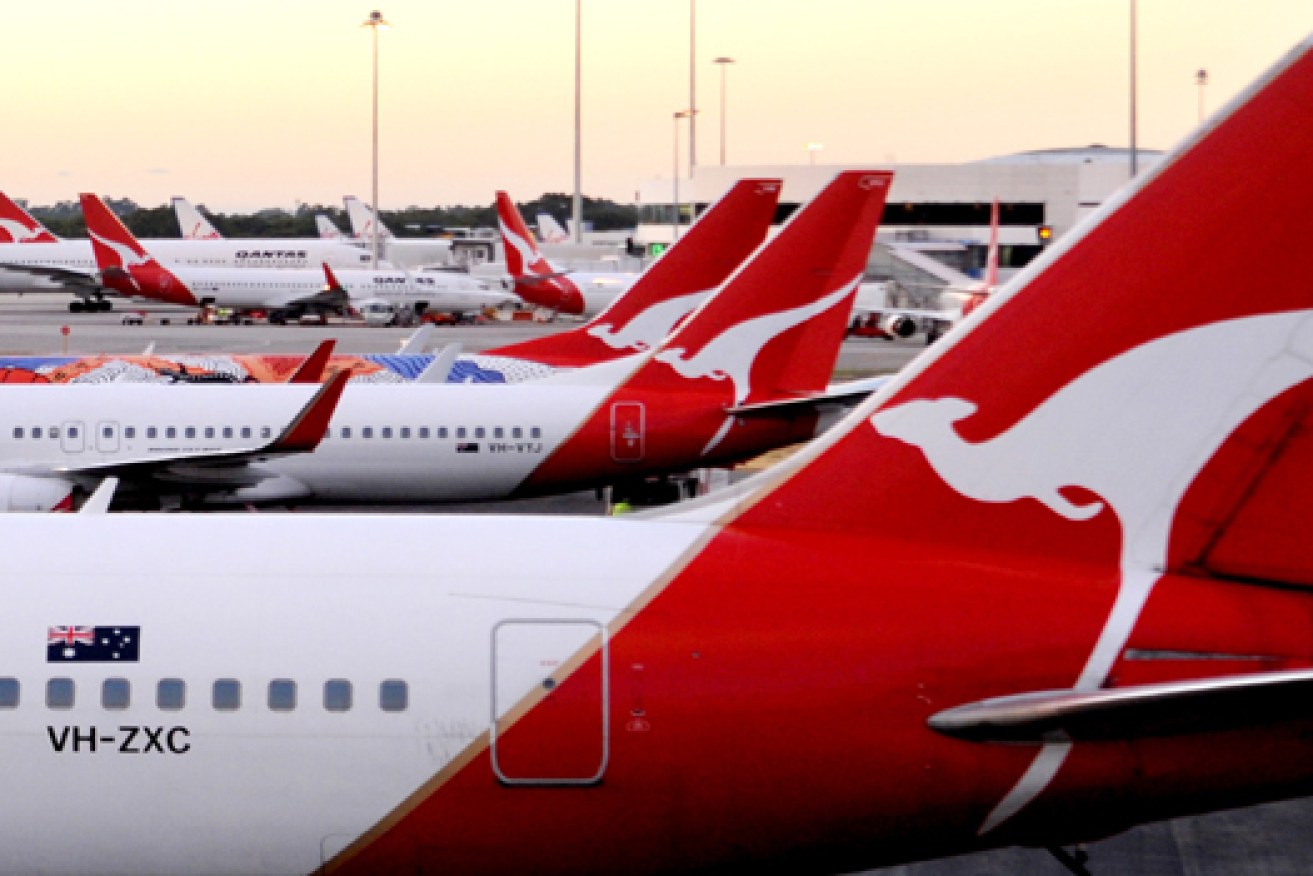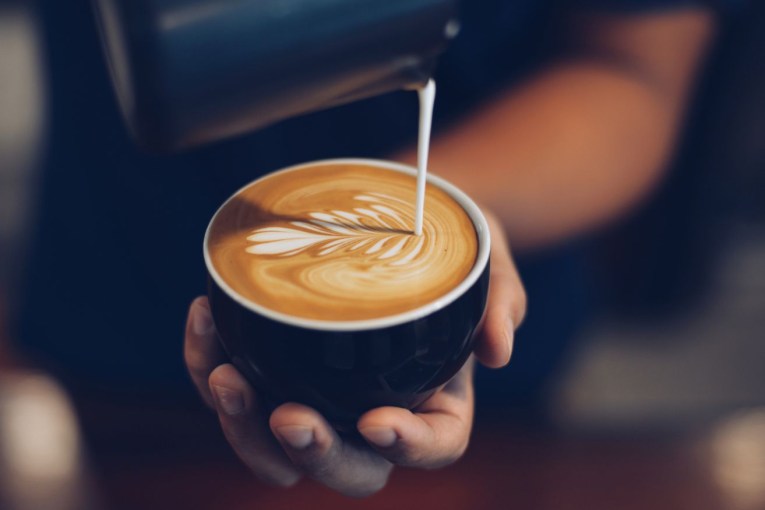‘Massive uplift’: Pricier airfares coming as Ukraine war pushes oil prices higher


Transport Workers' Union (TWU) members want better pay and conditions. Photo: AAP
Australians are facing steep rises in airfares this year as the Ukraine war pushes up jet fuel costs for airlines – ending a brief period of declining prices.
Qantas boss Alan Joyce, the consumer watchdog and other third-party experts are all warning price rises are coming, with jet fuel prices hitting eight-year highs this week, driven by constraints on Russian oil supplies.
The outlook for oil also worsened on Wednesday as the US and UK banned imports of Russian energy products, pushing crude oil prices to their highest level since 2008, at $US126 ($173) per barrel.
Mr Joyce said on Tuesday that those oil prices could translate to a 7 per cent increase in airfares across Australia, with ticket prices likely to rise by 1 per cent for every $4 increase in oil prices beyond the current point.
Airfares are already responding to higher fuel costs, with the cheapest tickets for routes between Sydney, Melbourne, Brisbane and the Gold Coast increasing between $10 and $20 in February, according to the latest Australian Competition and Consumer Commission (ACCC) data.
‘Massive uplift’: Oil surge to push up airfares
UNSW lecturer Tony Webber, a former chief economist at Qantas, backed Mr Joyce’s view, saying airlines typically pass on between 50 to 75 per cent of fuel cost increases to consumers.
“Jet fuel costs are a very sensitive relationship for airlines,” he told TND.
“Competition is putting downward pressure on airfares, but the jet fuel forces putting upward pressure on fares are much more dominant.”
Speaking to TND on Tuesday before the US and UK banned Russian oil imports, Dr Webber said efforts to cut Russian supply off from the world would drive a “massive uplift” in oil prices, and subsequently air tickets.
He said the higher prices will also slow the aviation sector’s rebound from the pandemic, with flights likely to be brought back more slowly.
Airlines were already looking to repair their bottom lines after COVID-19, meaning higher prices were likely even before oil skyrocketed.
Commonwealth Bank estimates about 70 per cent of Russia’s oil exports have already been disrupted by sanctions since the Ukraine war started.
Russia is responsible for about 10 per cent of global oil supply, so disruptions to Russian exports have a huge effect on international flows of this essential commodity.
Jet fuel prices were already rising in February as tensions between the Kremlin and western nations were peaking, according to the ACCC.
That means further rises in airfares are likely to hit consumers sooner rather than later because airline margins are already being affected.
Mr Joyce said on Tuesday that Qantas has hedged 90 per cent of fuel supplies until June, meaning it will be shielded from initial cost pressures.
But by the September quarter half of its business will be exposed to oil price rises, he said.
Making matters worse, the ACCC said on Tuesday that airlines are in a much worse position to weather the storm than before the pandemic.
The ACCC said airlines like Qantas generally shield themselves from volatility in fuel prices by hedging their bets on fuel contracts.
But COVID-19 “made this strategy somewhat ineffective”, the ACCC said, because its become much harder to forecast demand levels.
“The uncertainty around flying has reduced the ability of airlines to accurately forecast fuel consumption volumes,” the ACCC said.
One silver lining is that airfare costs were actually declining towards the end of last year as tougher competition from Regional Express (REX) on popular domestic routes put pressure on Qantas and Virgin Australia.
The ACCC said on Tuesday that airfares became “significantly cheaper” over the Christmas period, with the entrance of new budget airline Bonza set to increase competition even further.
That competitive pressure will now likely be masked by the effects of higher oil prices, but Dr Webber said the additional competition could save flyers from an even bigger spike in airfares had no new competitor airlines joined the market.








